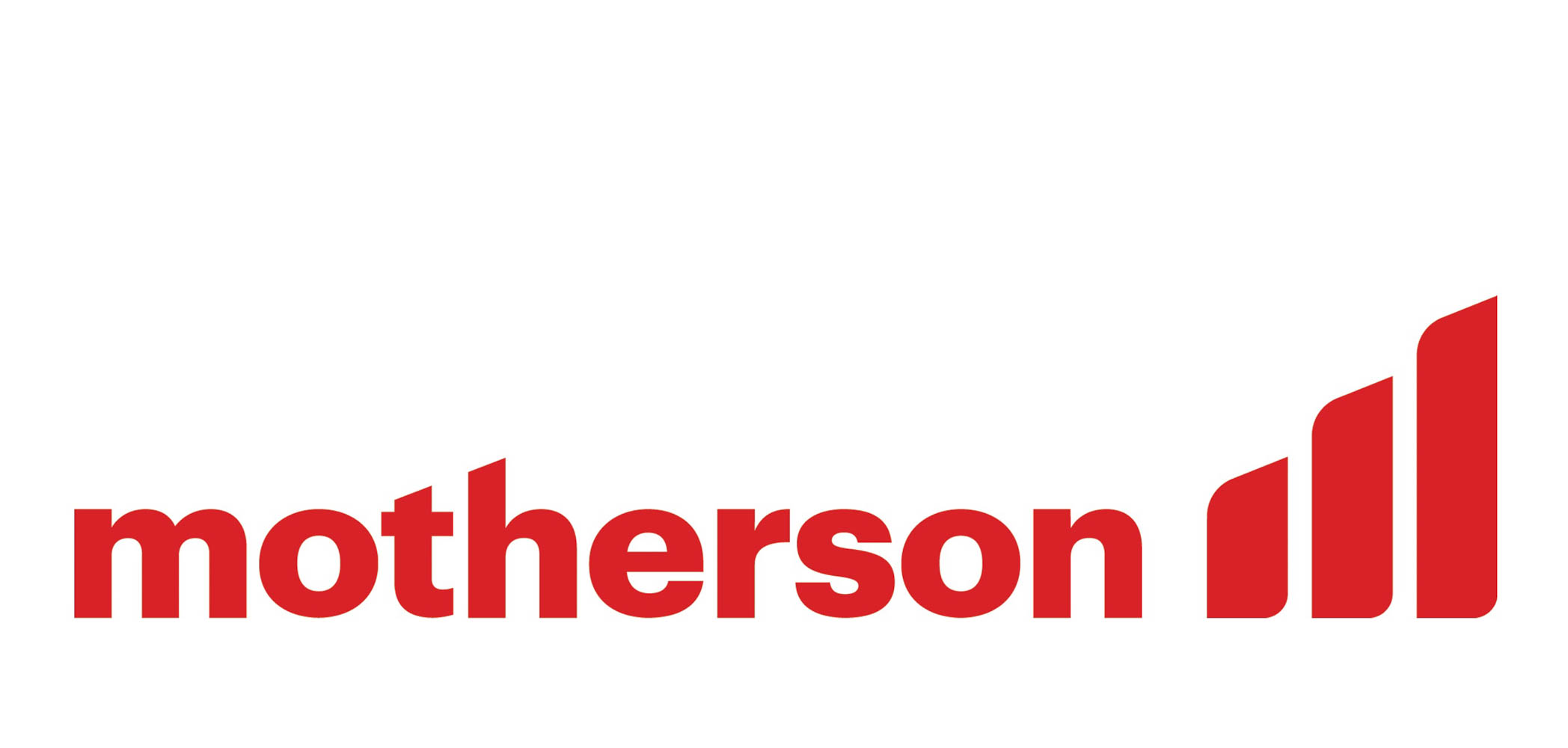Contacts
Any questions, concerns or complaints regarding PKC Group's corporate responsibility can be addressed via below email. Each topic will be reviewed and investigated thoroughly by PKC's corporate responsibility team.
corporate.responsibility (at) motherson.com
Conflict Mineral reporting requests:
conflictminerals (at) motherson.com
Quality and Customer Satisfaction
PKC has a long history of employing and refining quality management systems. The development of quality management systems and business processes are steered by the operating environment and customer demands. The Wiring Systems business is also guided by the stringent quality requirements set by the automotive industry. Regular audits performed by customers and an external third party auditor ensure that PKC’s quality management systems remain efficient and up-to-date.
PKC’s goal is to continuously improve customer satisfaction both in terms of product and service quality as well as reduce environmental impact. Demands, restrictions and expectations set by regulation as well as by customers and other stakeholders, relating to quality, product safety, and environmental impact are continuously monitored throughout the entire product and service lifecycle.
In order to safeguard PKC’s close customer relationships, PKC monitors its customer satisfaction through continuous one-to-one dialogue as well as customer meetings and events, such as PKC Tech Days. Customer satisfaction surveys are conducted annually. After closely reviewing the survey results, action plans are made for each customer account with the aim to achieve the improvements revealed by the results. The objective of the survey is to find out the level of satisfaction of PKC Group’s global customers in the following main categories: products, deliveries and customer service personnel. Additionally, some questions concerning the future relationship with PKC Group are also asked.
PKC’s processes are continuously developed, improved and optimised in order to improve efficiency and quality in the production network. Reporting practices are also continuously improved to correspond better to the changes in the business environment.
The identification of best practices in quality and operations was continued and the best practices identified were utilised in different parts of the Group. Best practices are also implemented into the new manufacturing locations as standardised processes in order to ensure high quality products, processes and cost efficiency in all operations. The best practice process will be further developed and integrated as part of everyday operations.
